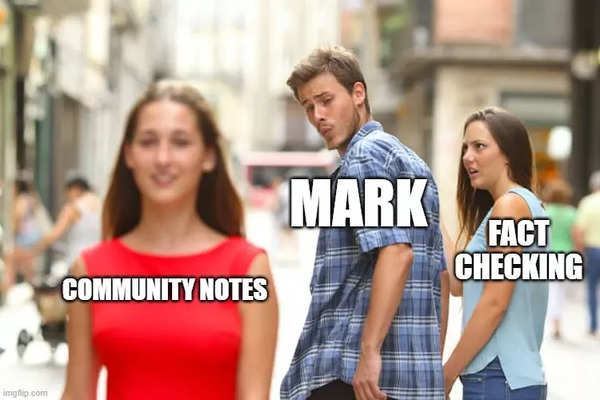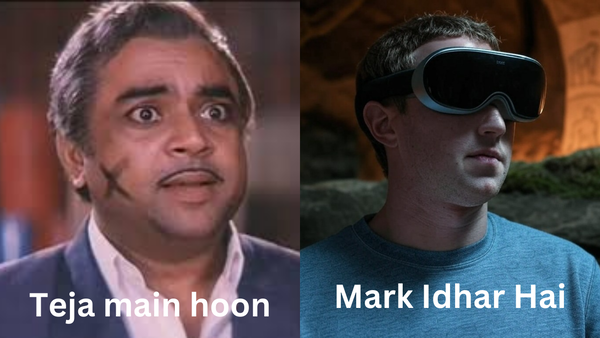The Day of the Jackal will mean different things to different people based on the state of their back and joints. For some it’s a great miniseries starring Eddie Redmayne. For others it will either be an Edward Fox (who was so handsome in his younger days that escorts in Paris offered their services for free to him) movie or its remake featuring Bruce Willis. For purists, it will forever refer to the book of the same name, Frederick Forsyth’s debut novel that became the prototype for modern spy thrillers. However, what’s fascinating is how Forsyth became a novelist.
Forsyth, a former Royal Air Force fighter, was depressed by the BBC’s distorted coverage of the Biafra War and began his human life as a columnist before being forced into penury after quitting. Eventually, he wrote the manuscript for The Day of the Jackal, a novel about the murder of Charles de Gaulle, which became the inspiration for contemporary detective thrillers with its practical plots and became a broke man living on his friend’s couch. With the benefit of past, it wasn’t for the BBC’s duplicity, we probably would have been robbed of the joy of making the acquaintance of Messrs Calvin Dexter, Mike Martin, Carlo Shannon, or John Preston.
One wonders what Forsyth would have done of fact-checking and what he might have laughed at Meta’s decision to drop the idea because he had, up until his last writing days, meticulously researched the subject and was so complete that some people were persuaded him to have paid mercenaries to carry out a revolution in Equatorial Guinea.
Meta drops point checking
Lately, Mark Zuckerberg set the rabbit among the pigeons when he said that Meta had been swapping fact-checking for X-themed” Community Notes”, noting that “fact-checkers were too diplomatically biased” and “destroyed more respect than they created”. It echoed Jeff Bezos ‘ op-ed in The Washington Post, which asserted that the media no longer trusted them and that truth was an “undefeated champion,” while also describing WaPo’s determination to not support any presidential candidate. While Zuckerberg’s and Bezos’s choices are absolutely driven by less-than-altruistic factors, both fact-checking and legacy press find themselves in a situation with fewer believers.

For the last decade, fact-checking has become the internet’s version of the fire test for witches. It turned out to be a rather lucrative business, which explains the obsessive cliches about Meta bending the knee and replacing fact-checking with Community Notes.
Angie Drobnic Holan, director of the International Fact-Checking Network ( IFCN) at Poynter, said:” It’s going to hurt Meta’s users first because the programme worked well at reducing the virality of hoax content and conspiracy theories”.
Neil Brown, president of the Poynter Institute that runs PolitiFact, told The New York Times that he didn’t believe they did anything “in any form, with bias”. Ironically, it was published in a piece titled:” Meta Says Fact-Checkers Were the Problem. Fact-Checkers Rule That False”. The statement resembled Axios CEO Jim VandeHei’s criticism of Elon Musk for saying,” We are the media now.”
Fact sheets that stated” No, JD Vance didn’t have sex with a couch” or” The Pope didn’t open portals to another dimension” have recently been the subject of some mirth.
In the last few years, we have very quickly moved into the era of strawman fact-checking, where one simply projected one’s biases on factual events—fact-checking things that agreed with one’s bias while completely ignoring things that didn’t pander to one’s availability heuristic. As this author has written before:” In general, the idea of neutrality in journalism is quite preposterous. Humans can’t be neutral, we aren’t bots. Our internal biases, our political choices, our heuristic availability, and our lived experiences will always colour our vision of reality”.
The same goes for fact-checking.
Quis custodiet ipsos custodes?
In the US in particular, fact-checking, not unlike mainstream media barring a few outlets, became a de facto propaganda of the Democratic Party establishment and the values its core base professed to espouse. However, as the Latin saying goes: Quis custodiet ipsos custodes? Who shall guard the guards? Over time, fact-checking became a faceless and truant King Solomon.

Nowhere was this more evident than in COVID-19 coverage, when MSM and fact-checkers killed off even any suggestion of the lab-leak theory by calling it a racist conspiracy, even though today, the US Department of Energy and the FBI admit that the lab-leak theory is a plausible explanation. The same goes for the natural immunity debate, the efficacy of masks and lockdowns, and even claims that vaccinated individuals couldn’t spread the virus. The patron saint of the COVID guidelines, Dr Anthony Fauci, was later on record admitting that the guidelines weren’t scientifically backed but that didn’t stop everyone from saying:” Trust the science”.
The same goes for non-COVID stories.
Before major news outlets had time to eat humble pie, the Hunter Biden laptop story was fact-checked to Kingdom Come, and it came to an end with US president Joe Biden pardoning his son, much to the dismay of mainstream media and Democrats who had assured us that wouldn’t happen. However, if you said it in 2020, it was dismissed as Russian disinformation, and people who shared the story on Facebook and Twitter were locked in accounts.
Similarly, the Steele dossier, once presented as credible evidence of Trump-Russia collusion, was found to contain unverified or fabricated claims, drawing criticism for its use in surveillance.
Economists who later acknowledged the impact of stimulus spending on the US economy challenged their initial denials of its significance. Lastly, narratives framing the January 6 Capitol riot as a coordinated, armed insurrection were nuanced by court cases showing many participants were unarmed, with the term “insurrection” remaining contested.

Fact checking turned out to be something entirely different from the mainstream media, but it turned out to be a disgraceful vassal of the old ones. In America in particular, this meant that they were constantly critical of Republicans. While they quickly fact-checked Trump, they quickly moved when it was his Democratic counterparts who were waiting at the funeral on a lazy Sunday afternoon. A fact-check about VP Kamala Harris‘s relationship with the much-older Willie Brown actually read:” Needs more context”, even though Brown appointed Harris to two important state commissions, gifted her a BMW, and took her on trips to Paris and the Academy Awards.
While the debate about fact-checking will rage on, it’s not social media’s job to tell anyone what’s the truth. If a person—whether from WhatsApp University or Harvard—is unable to decipher the truth, that’s their problem. As Zuckerberg admitted:” The fact-checkers have just been too politically biased and have destroyed more trust than they’ve created, especially in the US”.
Trump’s win and Elon Musk’s constant berating might have forced another aspect of wokeism to retreat, but on the balance of things, it’s good for Meta to drop the idea. According to a wry saying, a lie can spread halfway across the world before the truth can put on its shoelaces. Fact checking was supposed to counteract that, but it failed by turning into the clear stream of reason to the promised land of truth, instead finding itself lost in the desert sand of biased irrationality by becoming the biased boy who cried wolf when it suited him.




